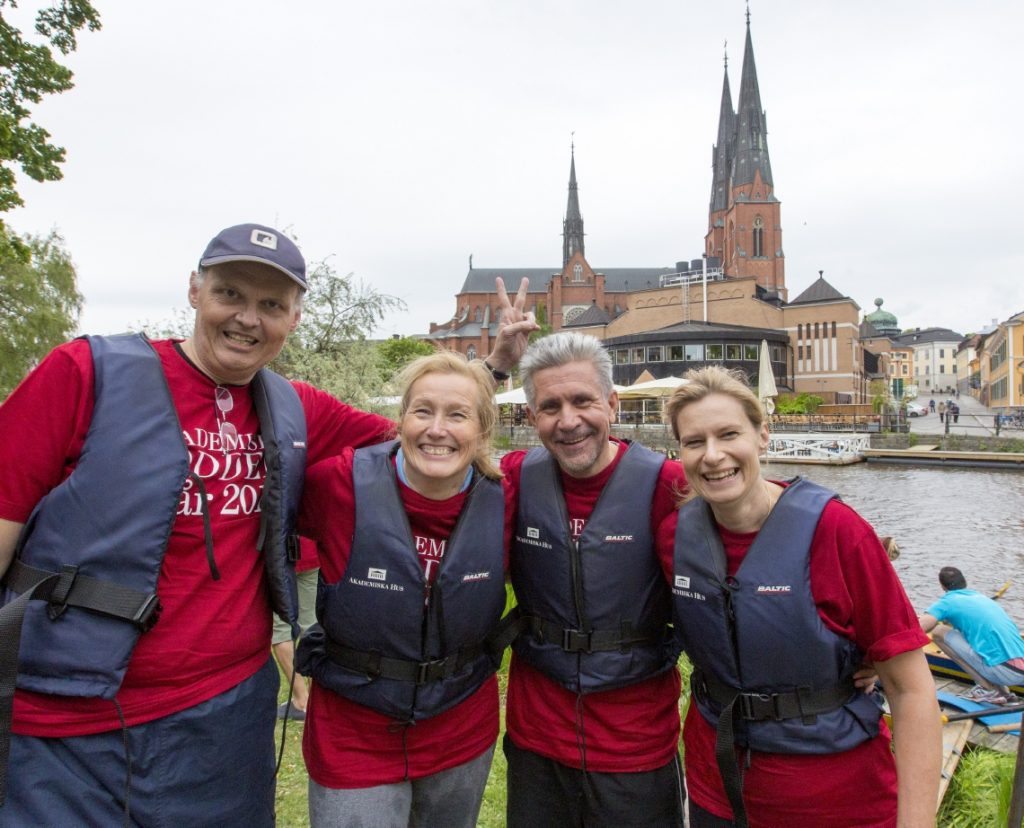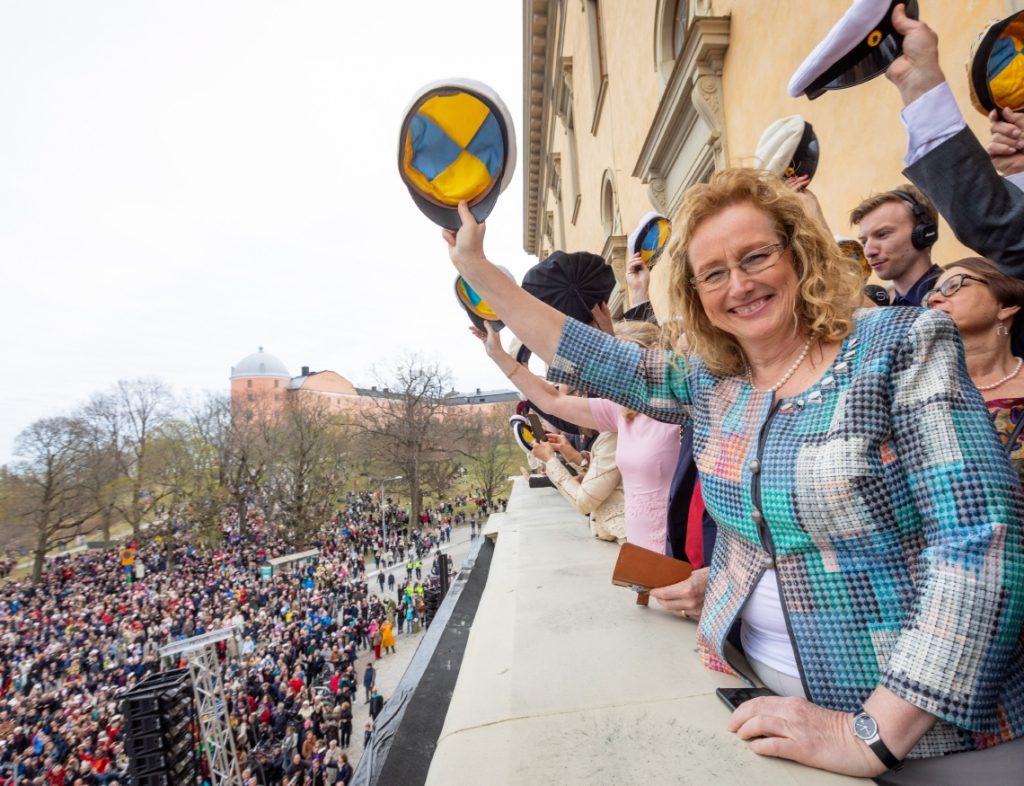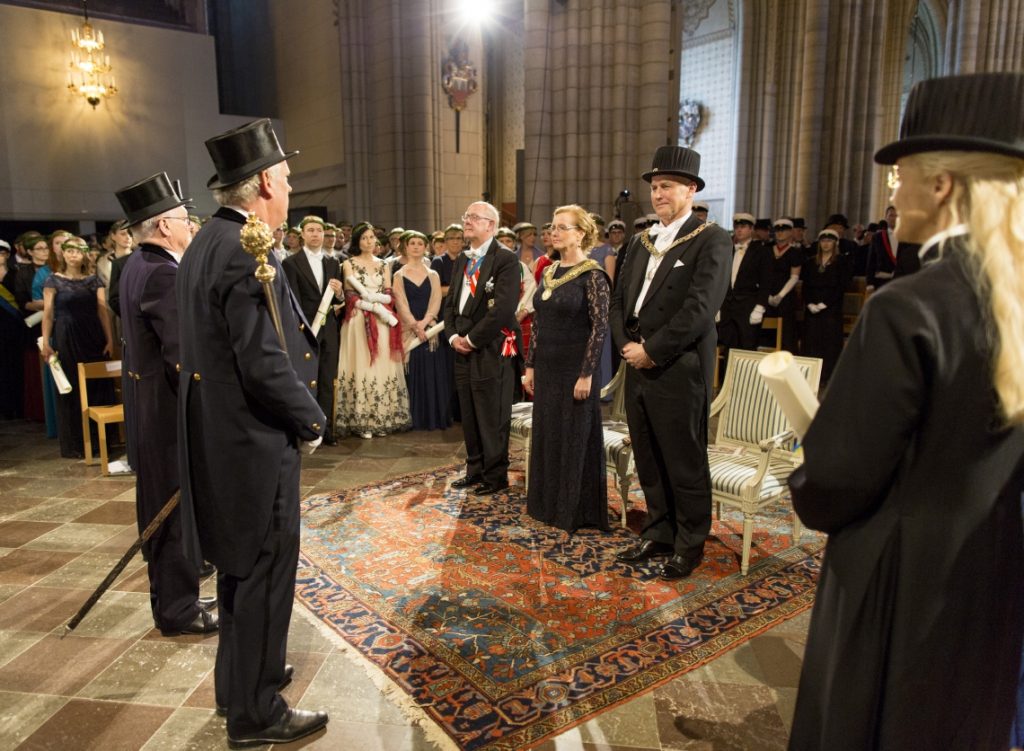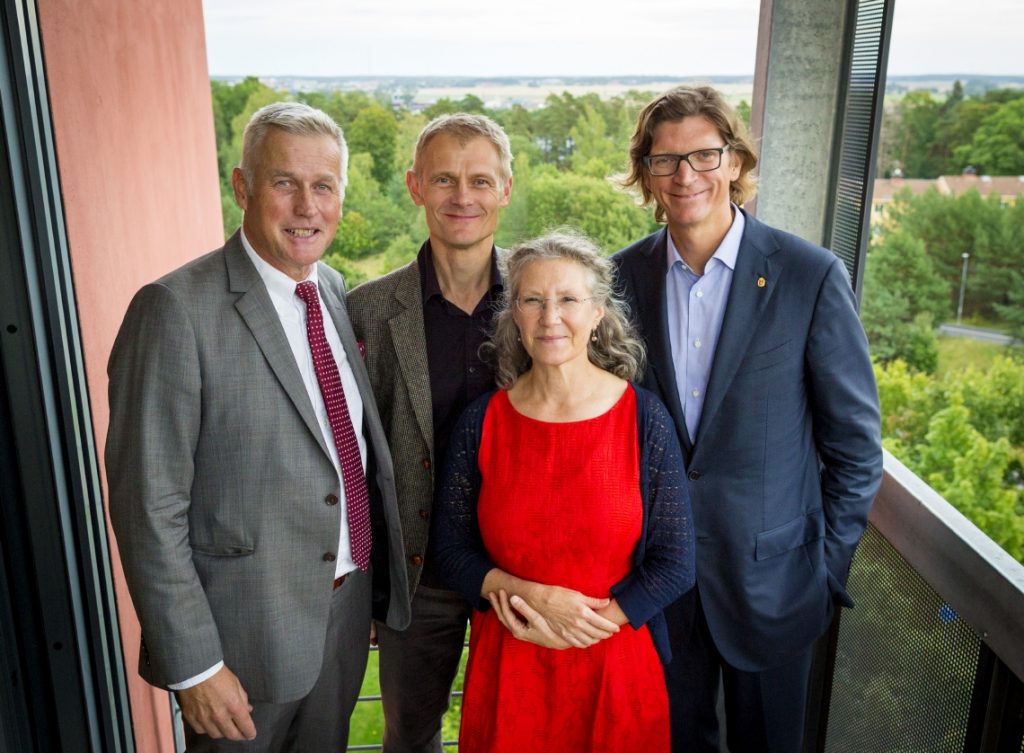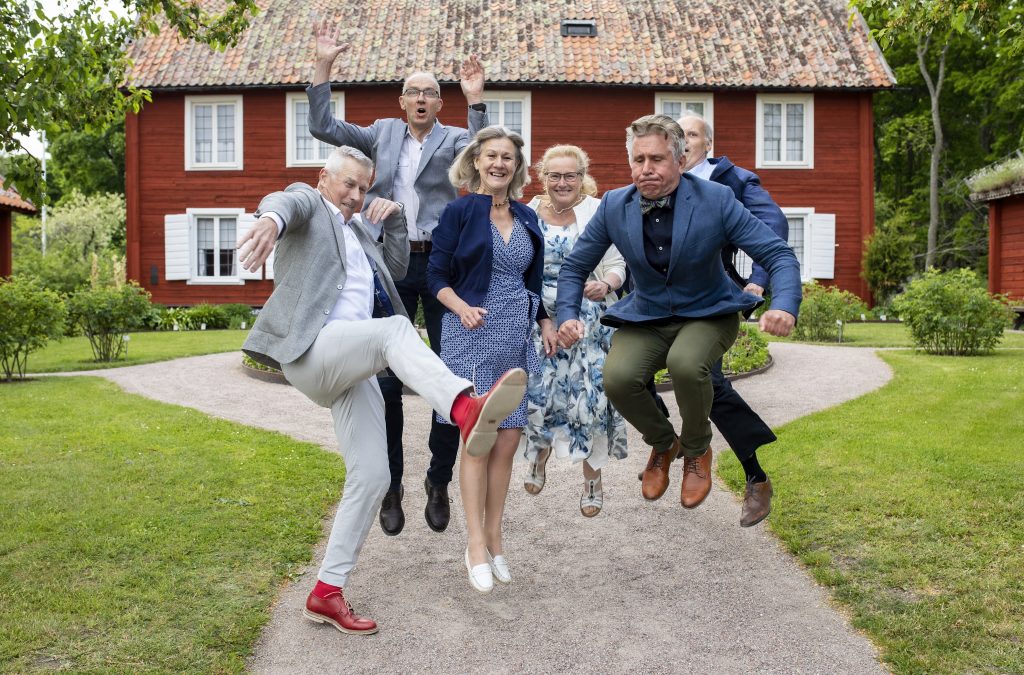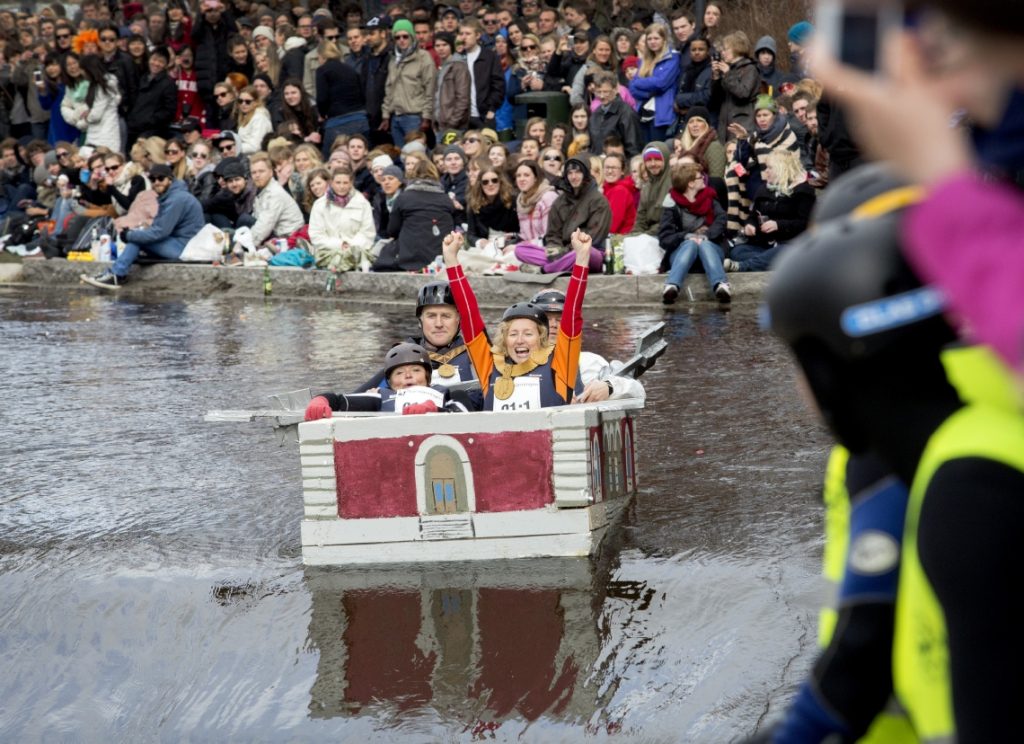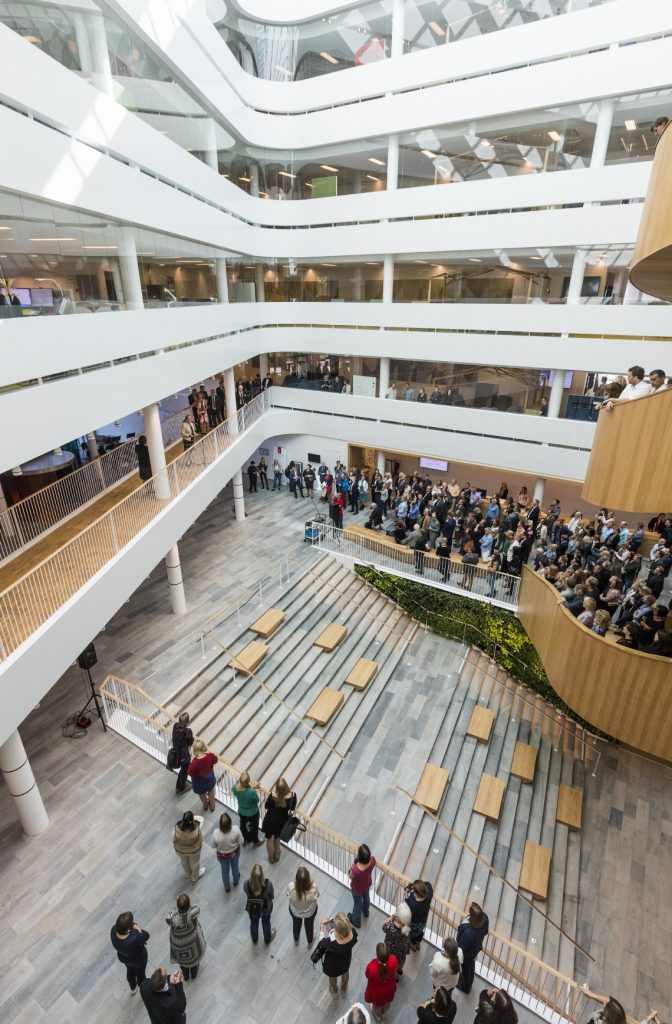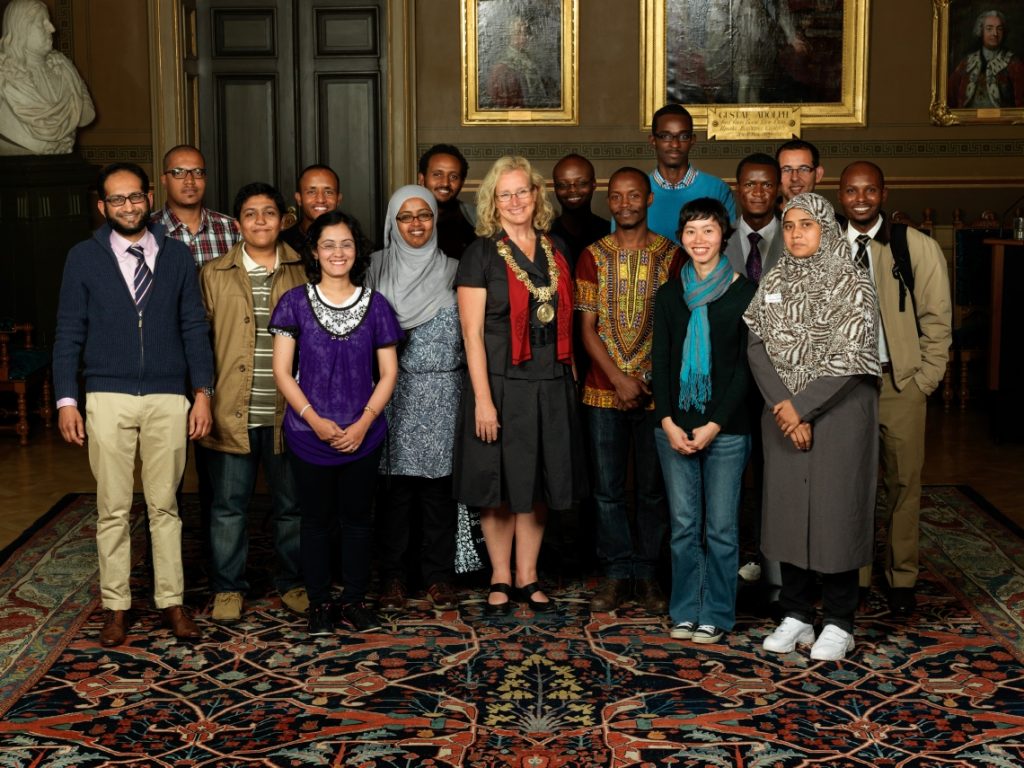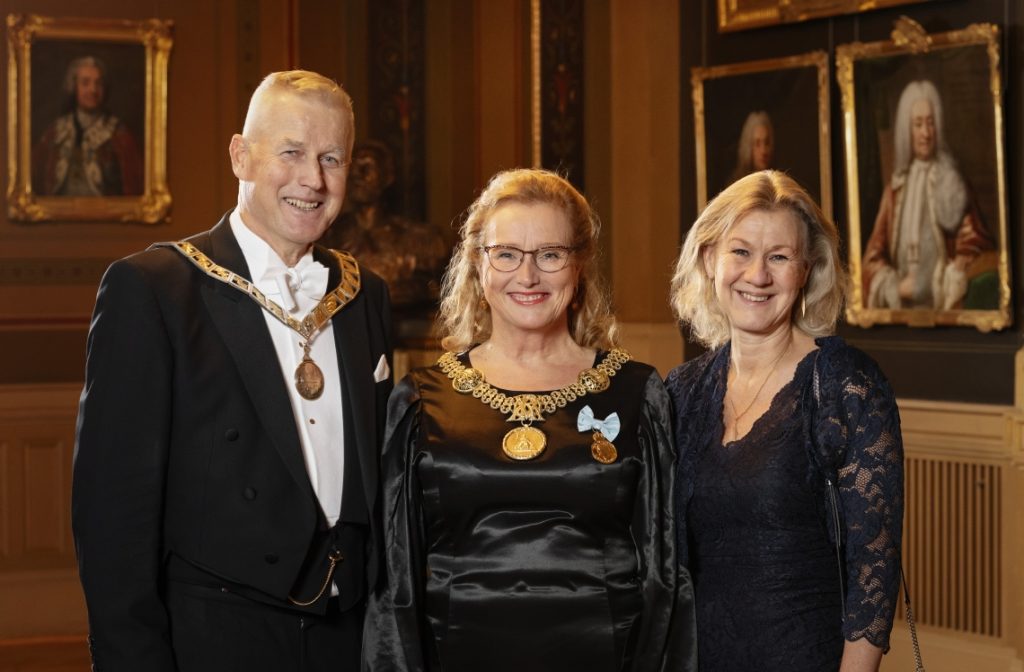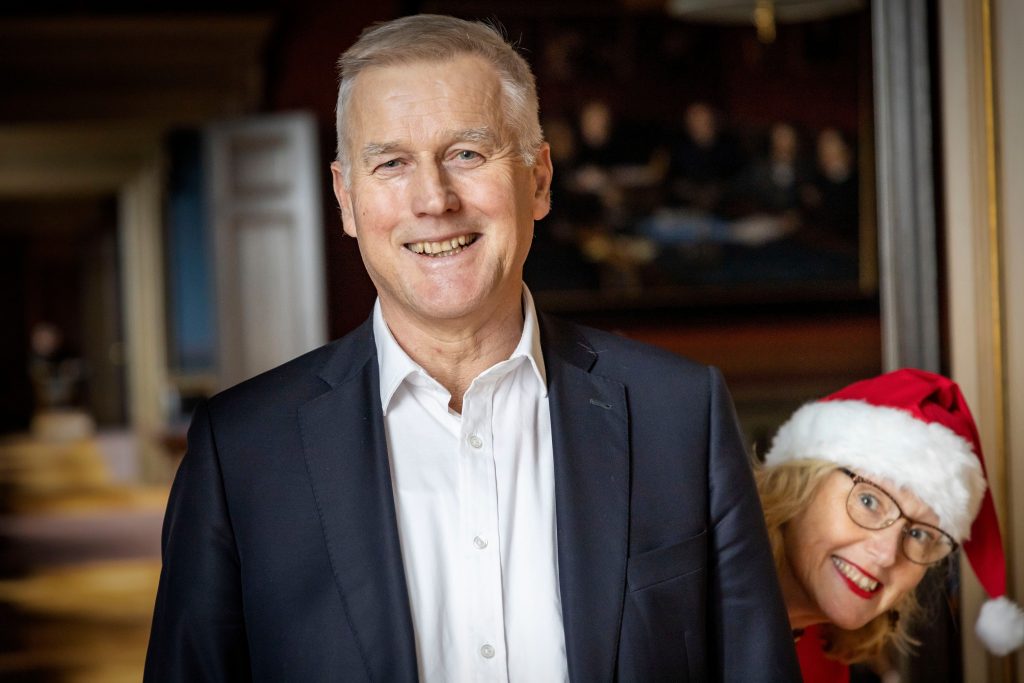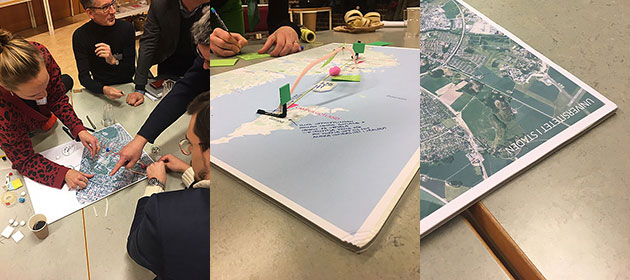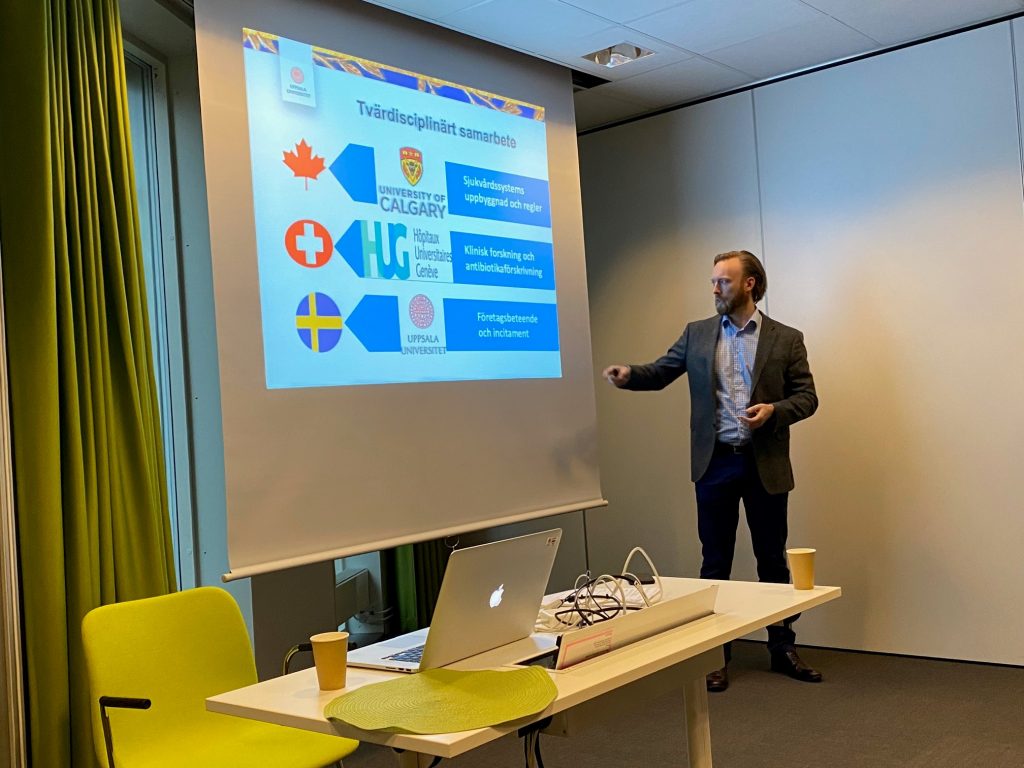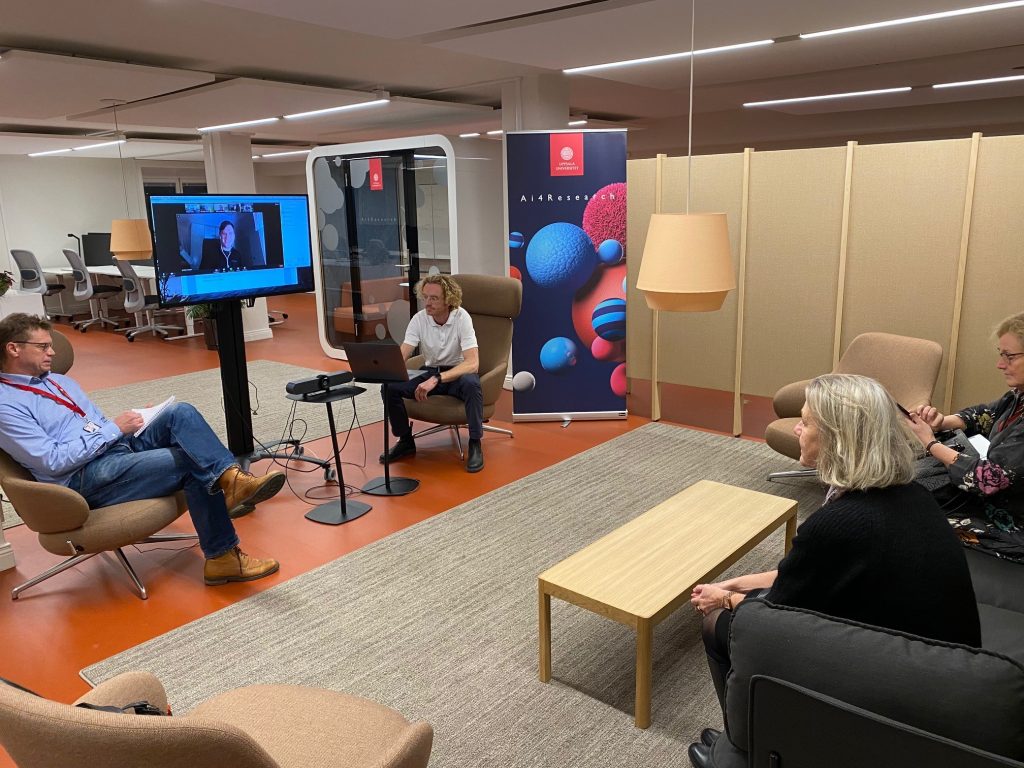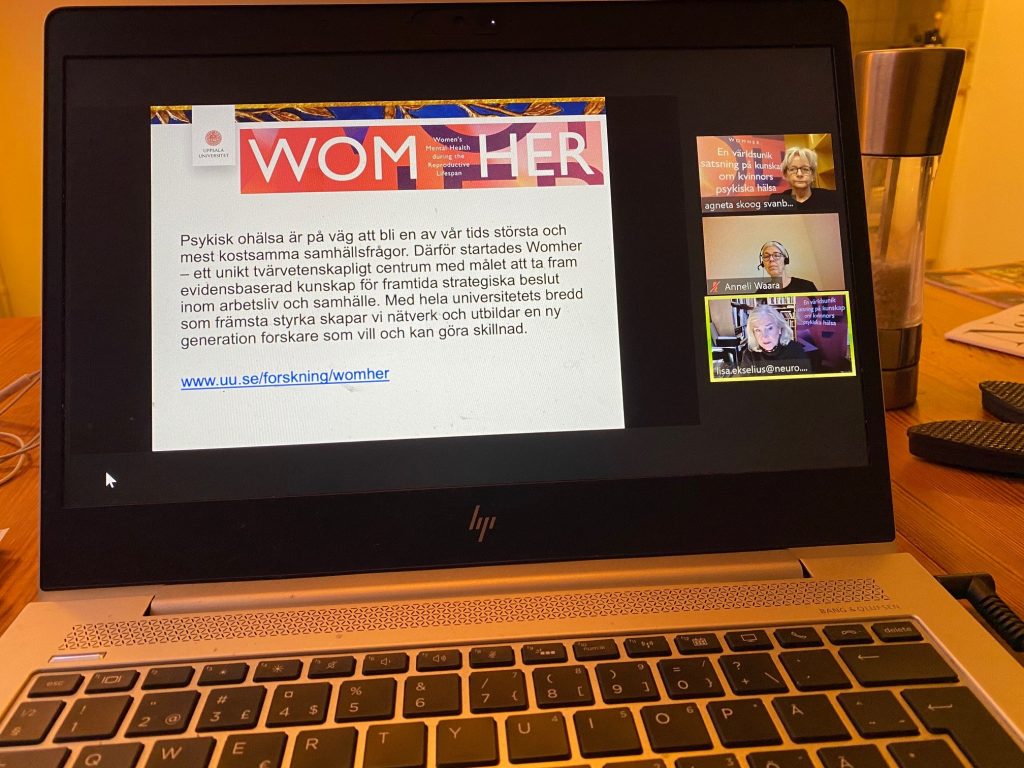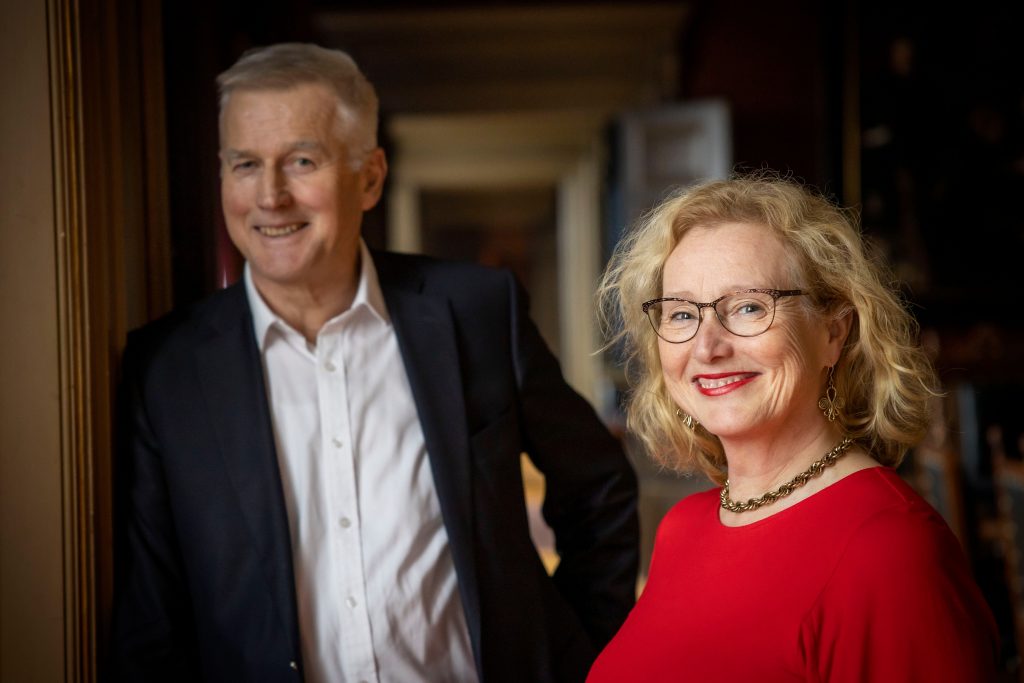
Today it is time for the office of Vice-Chancellor to pass to a new incumbent, and for us to look back on nine exciting and memorable years as Vice-Chancellor and Deputy Vice-Chancellor of Uppsala University. Though it feels long ago that we were entrusted with leading one of the world’s foremost universities, the years have sped by.
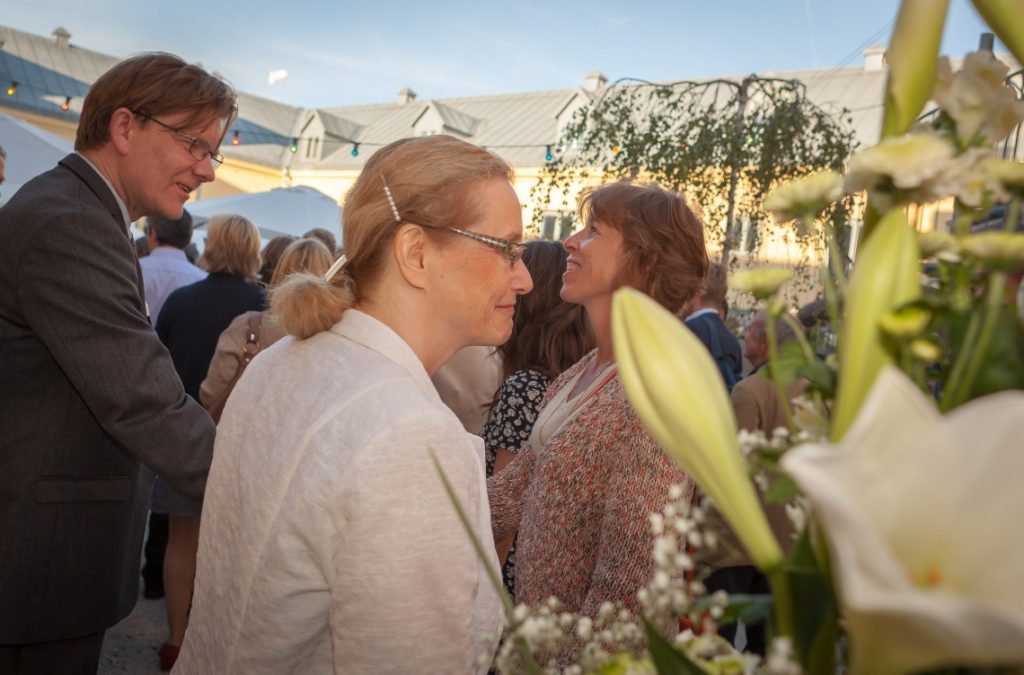
We took up our duties at an institution that was already a leading university, well managed for many years by a long succession of predecessors. We found a self-confident and forward-looking university that had conducted its first own quality audits of all its research, setting an example for other Swedish universities to follow. Major internationalisation projects were under way, including in southern Africa, for us to build on. And a decision in principle had just been taken that Uppsala, the country’s oldest higher education institution, should merge with the newest: Gotland University College.
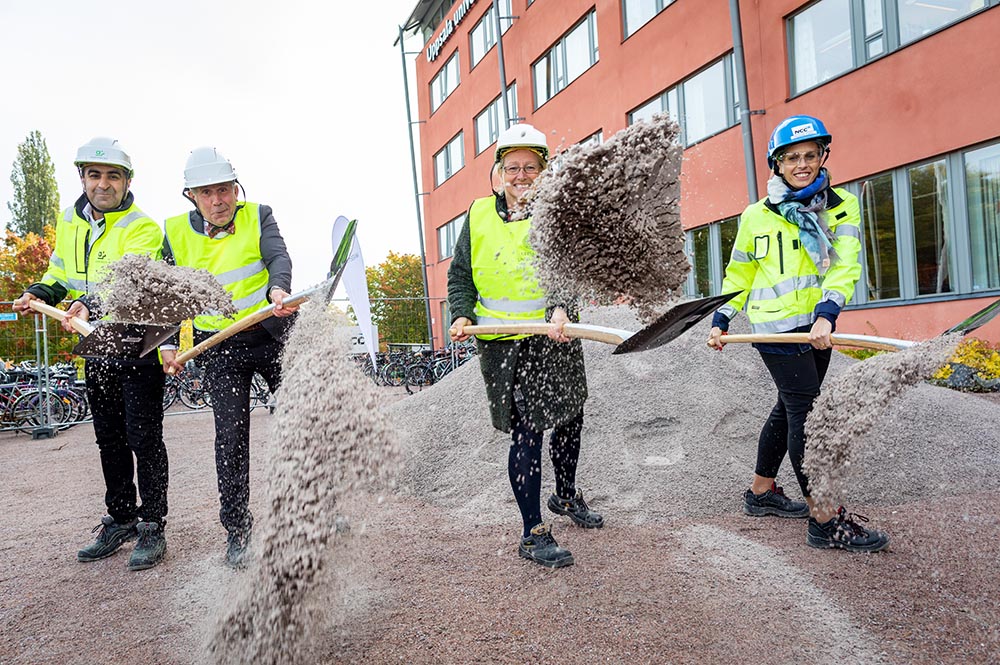
We took up the baton with great enthusiasm and ambitious visions and as we now reach our last few days in the job, it is fair to say that these years have been a fantastic journey for us. It has been intensely engaging, stimulating, inspiring, tough, sometimes heavy-going, but more often fun. We have had a few sleepless nights, but a great many laughs as well. We have led the University through setbacks and successes, as a link in a chain, but for the most part we have had the wind at our back and that will be our abiding memory.
When we look back on these nine years, we realise how much has happened along the way, at the University and in the world around us. At quite an early stage of our term of office, we decided on a few strategic priorities for our endeavours: quality, infrastructure, internationalisation, and skills and careers. These priorities have endured. When asked to describe our term of office in the invitation booklet for the Succession Ceremony, we were able to state that it had been a period of vigorous expansion and development in many areas.
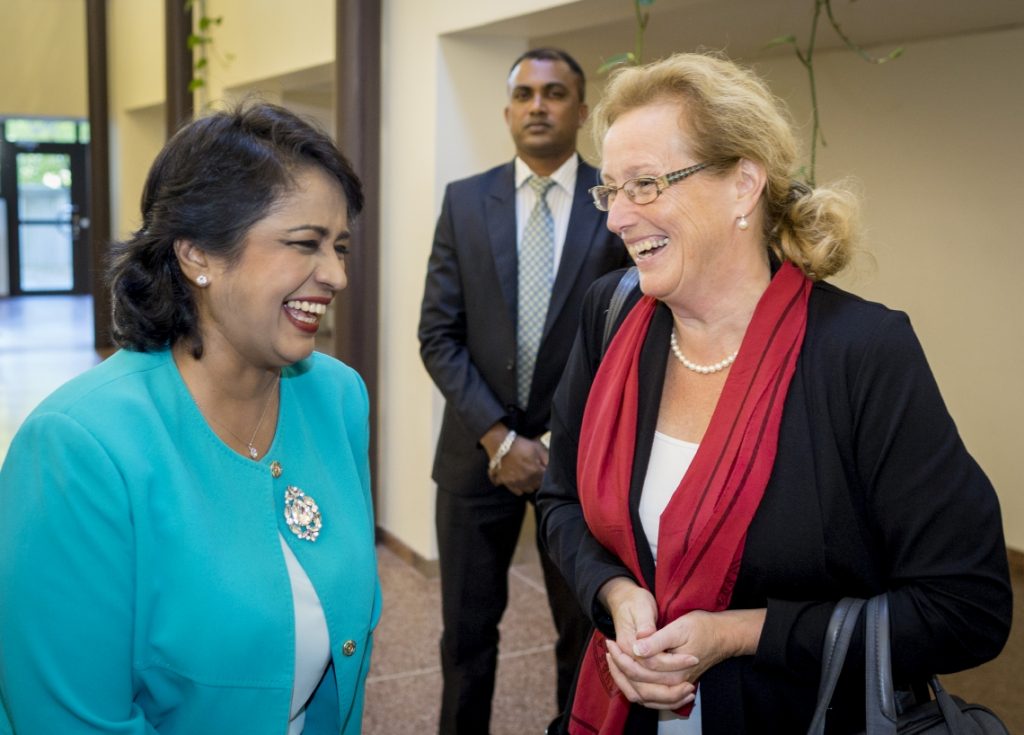
The national and international context has also changed during these years, with growing concerns and political divisions. We have seen knowledge called into question, fake information spread, and the freedom of our academic colleagues threatened in many countries. Security issues have gained in importance. On the other hand, the global knowledge society has grown far stronger in the course of these years. In the crises we have experienced, it has been clear that solutions to societal challenges require broad mobilisation and collaboration, nationally and internationally. Expectations of universities have probably never been as high as they are now. Every year, half the students completing upper secondary school go on to higher education. Society invests the highest hopes in our ability to contribute solutions to societal challenges. It is important to maintain this confidence.
Uppsala University stands on a firm footing and continues to evolve with the world around it, as it has done throughout history, guided by its own abilities, constraints and priorities.
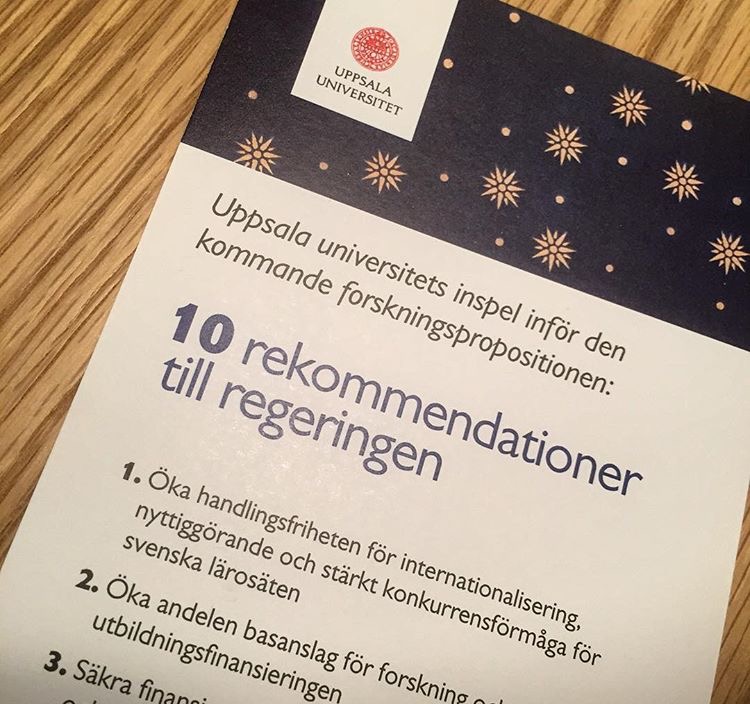
We have been proud to see the great commitment displayed by the University’s researchers and teachers as they interact with students, develop new educational approaches, courses and programmes, make new research discoveries and achieve success in the competition for grants. Every day, research results are produced that expand our knowledge, develop society and are translated into commercialisable innovations. Three research bills and a number of ministers have come and gone, and new issues have risen up the agenda. Interdisciplinary initiatives and research infrastructure are two issues that have become increasingly prominent. Research infrastructure remains highly topical, with an ongoing government inquiry on responsibility and funding due to report in the spring.
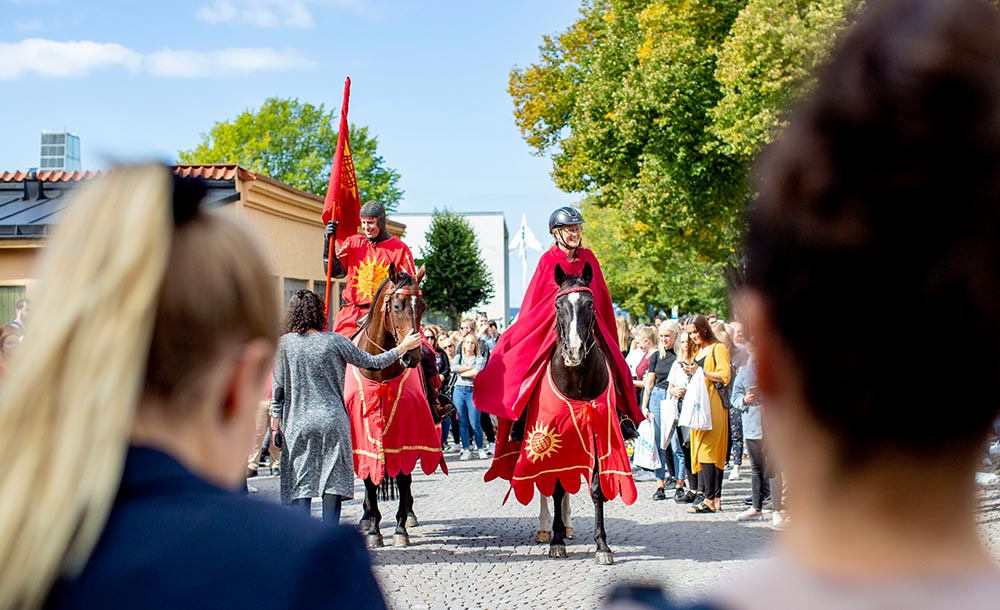
A university is a hive of creativity, and the students play an enormous role in the inspiring environment. It has been a privilege to meet all the intelligent and ambitious students who are so committed to their studies and to the University. Eva has sometimes been called the students’ Vice-Chancellor, a title that comes with an undertone of criticism. But in fact, this title is an honour that a Vice-Chancellor can only hope to live up to. A university exists for its students and their future.
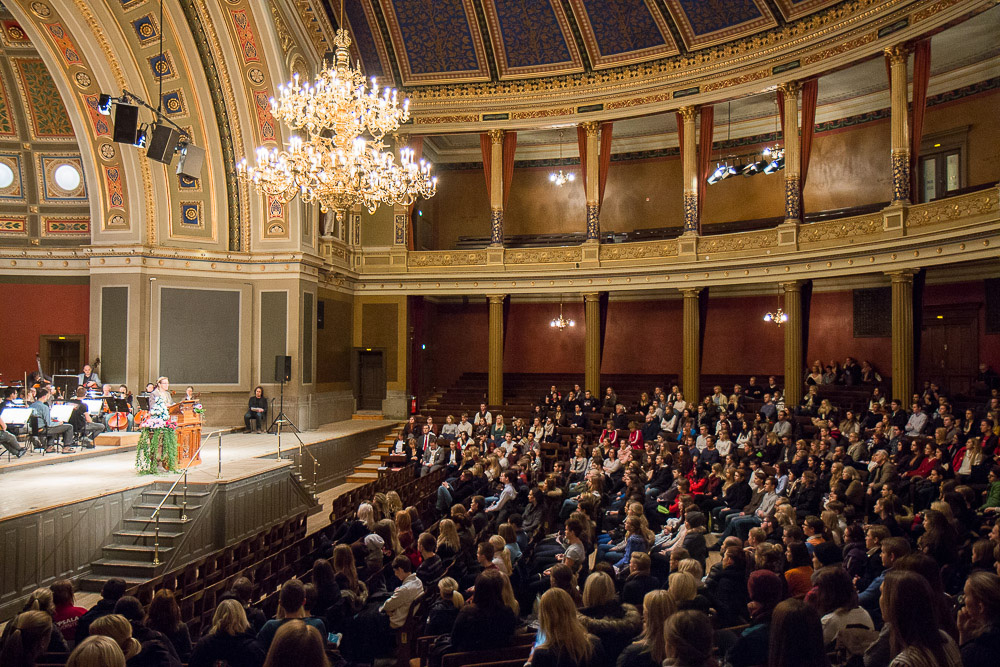
Being Vice-Chancellor and Deputy Vice-Chancellor at Uppsala University differs from having these roles at other universities. Uppsala University is extra everything, as it were, so much more than an institution for education and research. There are orchestras, choirs, gardens, museums, exercitia, ceremonial academic traditions – culture in the broad sense of the word. Our cultural heritage and our attractive city locations in Uppsala and Visby make it easy to offer something special for everyone, so we have many visitors, from far and near.
Our final year has turned out very differently than we anticipated, being dominated by the ongoing pandemic. But we have gained valuable experience of leadership in times of crisis and have been impressed by the commitment, creativity and patience exhibited by all our staff and students. Still, a university, after all, is an environment for new thinking.
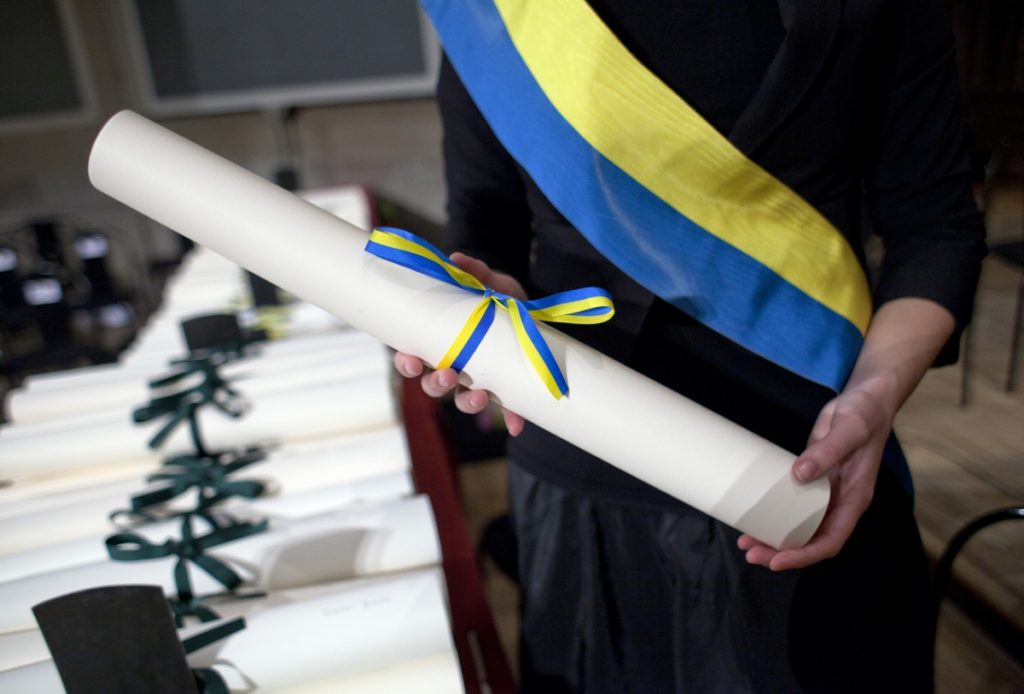
We have had the privilege of helping to create conditions and shape developments during a short period in the history of the University. The Mission, Goals and Strategies document is the baton we hand on to the University and our successors. One of our goals has been to leave a well-managed university ready for continued success and development. We know it takes time to grasp the complexity of this marvellous institution. We wish our successors Anders Hagfeldt and Coco Norén good luck and all the very best.
As we come to our goodbyes, we have many people to thank – this is not a job you do on your own. Many deserve credit both for what was already in place when we started and what has been achieved during these nine years. No names, but sincere thanks to you all.
This post concludes the Vice-Chancellor’s Blog, where we have individually or together shared close to 714 posts in nearly nine years. Our thanks to all our readers for the interest you have shown!
Eva and Anders.

